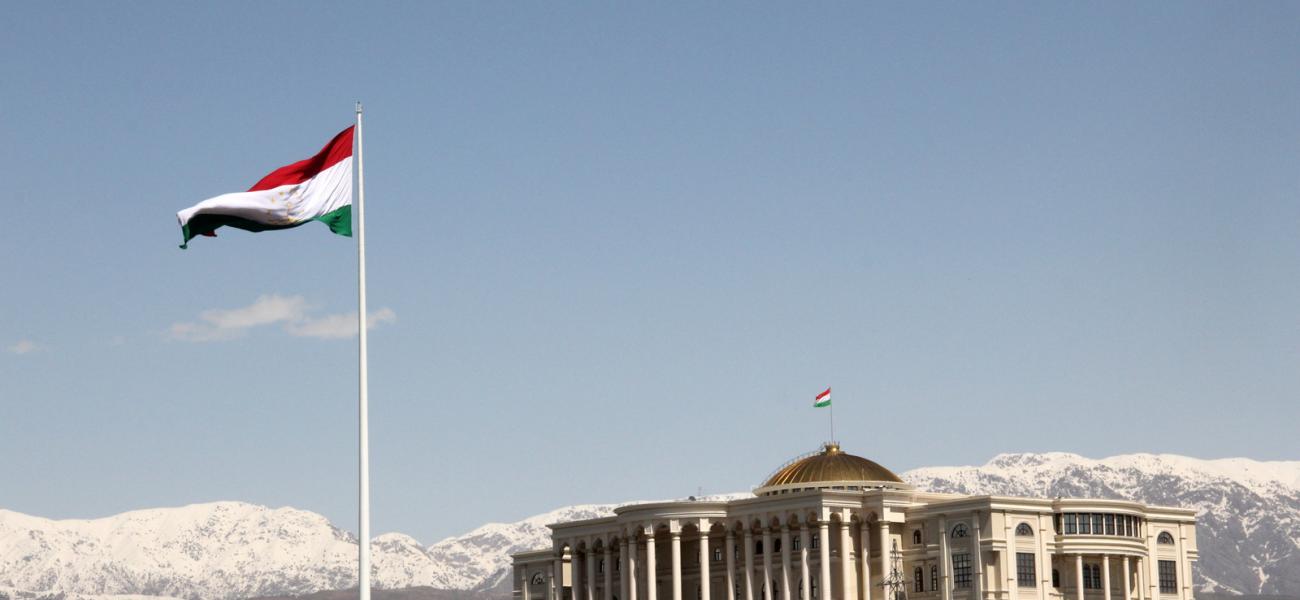
Not a Military Base: Why Did China Commit to an Outpost in Tajikistan?
November 02, 2021
Giulia Sciorati
This article was originally published by Institute for the Italian International Political Studies.
"Not a Military Base: Why Did China Commit to an Outpost in Tajikistan?" Giulia Sciorati, ISPI, 02.11.21. The author, a postdoctoral research fellow in Chinese Studies at the University of Trento, writes:
- "Last week, China committed to building a military base in Central Asia’s neighboring Tajikistan, raising the number of its foreign military bases to two. However, Djibouti is not yet at risk of being stripped of its unique position in China’s foreign military engagement."
- "As such, China’s military presence in Tajikistan is not set to increase dramatically for the time being. Indeed, the outpost will not be operated by members of China’s army nor the military police, but rather by the Tajik police force. China’s People’s Armed Police ... is already in charge of a different Tajik-based outpost located near the Afghan border and the 76-kilometre land-border separating China from Afghanistan."
- "China’s security presence in the area should then be considered in terms of the porosity of the Tajik and Pakistani borders, which facilitates drugs, weapons, and people smuggling from Afghanistan to China."
- "The Chinese-funded Tajik outpost responds to China’s increased concerns around the spreading of an Afghanistan-inspired wave of regional instability rather than a willingness to step into the US’ left behind shoes. China continues to have no interests in finding a way to mediate its global peaceful rise narrative to acquire a more assertive role as an external security provider in Central Asia, or anywhere else for that matter."
- "The Russo-Chinese security-economy paradigm has become popular in scholarly works around Central Asia’s Great Game as a way to explain an apparent lack of regional competition between the two powers. In brief, this explanation ascribes a security role to Russia in Central Asia against China’s economic one. The Tajik outpost has once again stirred this debate. Though some criticism exists on whether a division of labor between Russia and China ever existed in the first place, one should not forget to consider the proposals both countries have made within the Shanghai Cooperation Organization throughout the years. Indeed, these proposals indicate that complementary roles between the two powers have emerged, at least at the institutional level. This argument does not entail that only one actor has historically responded to security interests in its relations with Central Asian countries, but that strategic considerations have spurred Russia and China towards developing their respective regional roles along balancing lines. Both countries, though, have crossed these pencilled lines at some point or another, as exemplified by Russia’s launch of the Eurasian Economic Union and, more recently, China’s funding of a Tajik outpost."
Read the full article at ISPI.
Author
Giulia Sciorati
Giulia Sciorati is Postdoctoral Research Fellow in Chinese Studies at the University of Trento. She also serves as Associate Research Fellow at ISPI Asia Center.
Photo by Rjruiziii shared under a CC 3.0 license.
Click to Subscribe
Russia Matters offers weekly news and analysis digests, event announcements and media advisories.
Choose and sign up here!
Recent Analysis
Crocus Attack Ends Lull of Six Years, Raises Question About Law-Enforcers’ Focus
March 28, 2024
Simon Saradzhyan
